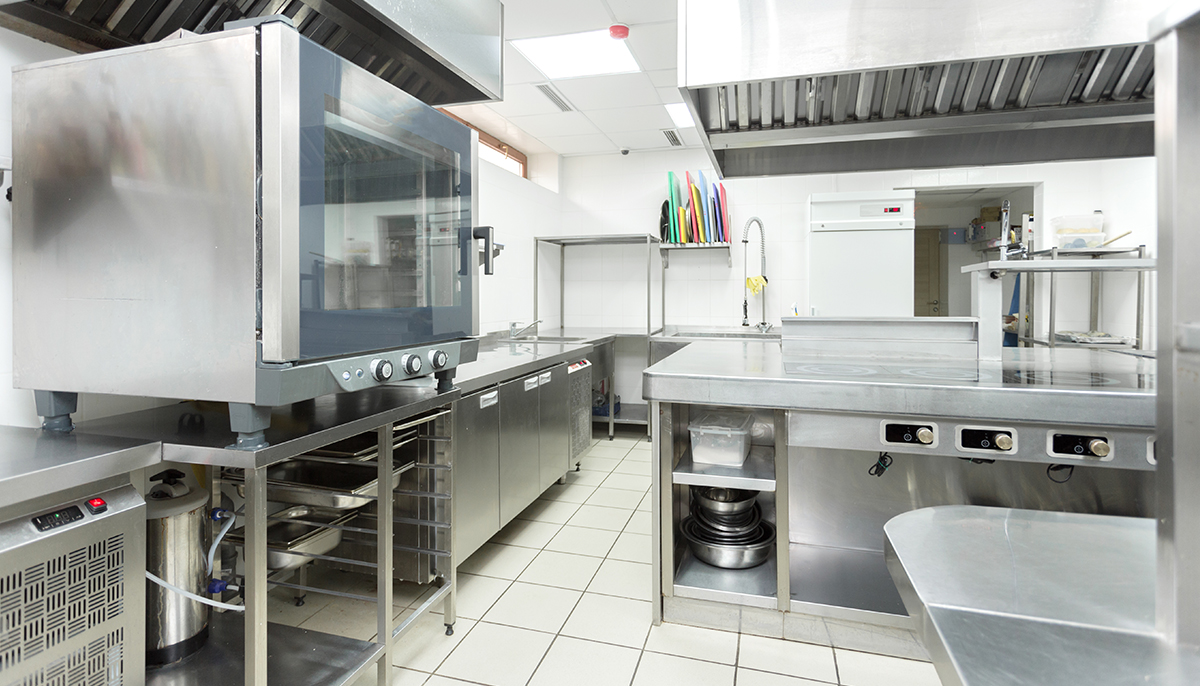Cleaning at restaurants and hotels is important to ensure the safety and satisfaction of customers, maintain a positive reputation, and comply with health and safety regulations. Here are some reasons why cleaning is important at restaurants and hotels:
- Prevention of foodborne illnesses: Proper cleaning and sanitation of kitchen and dining areas can prevent the growth and spread of harmful bacteria and viruses that can cause foodborne illnesses. This helps protect the health and safety of customers and prevent the spread of diseases.
- Compliance with regulations: Restaurants and hotels are subject to strict regulations and guidelines for food safety and hygiene. Proper cleaning and sanitation practices are essential for compliance with these regulations and avoiding fines or legal issues.
- Maintenance of a positive reputation: Clean and well-maintained restaurants and hotels are more likely to attract and retain customers. In contrast, dirty or poorly maintained establishments can damage a business’s reputation and lead to negative reviews and decreased patronage.
- Improved customer satisfaction: Customers are more likely to return to restaurants and hotels that are clean and well-maintained. Clean and sanitized rooms, bathrooms, and dining areas can improve the overall customer experience and increase satisfaction.
- Prevention of pest infestations: Proper cleaning and sanitation can help prevent pest infestations in restaurants and hotels. Pests like rodents, insects, and bed bugs can cause damage to property, spread diseases, and lead to negative customer experiences. Regular cleaning and pest control measures can help prevent infestations and maintain a safe and clean environment.
Disinfection is essential at food manufacturing facilities to prevent the growth and spread of harmful microorganisms, ensuring the safety and quality of food products. Here are some reasons why disinfection is important at food manufacturing facilities:
- Prevention of foodborne illnesses: Proper disinfection of equipment, surfaces, and utensils can prevent the growth and spread of harmful bacteria, viruses, and other pathogens that can cause foodborne illnesses. This helps protect the health and safety of consumers.
- Compliance with regulations: Food manufacturing facilities are subject to strict regulations and guidelines for food safety and hygiene. Proper disinfection practices are essential for compliance with these regulations and avoiding fines or legal issues.
- Maintenance of product quality: Disinfection can help maintain the quality and shelf-life of food products by preventing spoilage and the growth of unwanted microorganisms.
- Prevention of cross-contamination: Disinfection of equipment and surfaces can prevent the cross-contamination of different food products, allergens, and pathogens, reducing the risk of foodborne illnesses.
- Protection of employees: Disinfection can also protect employees from exposure to harmful microorganisms and prevent the spread of illnesses among staff, ensuring the safety and wellbeing of workers.


